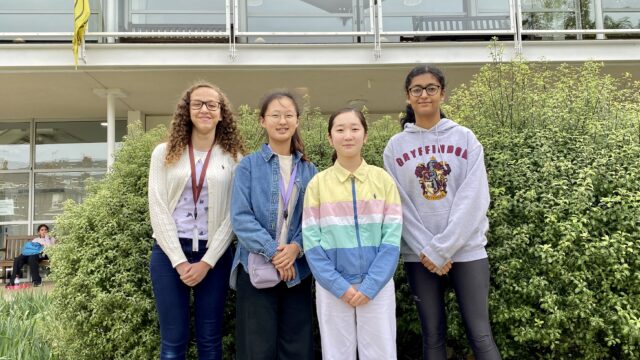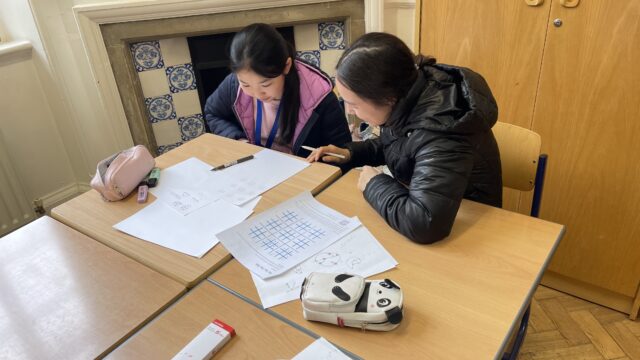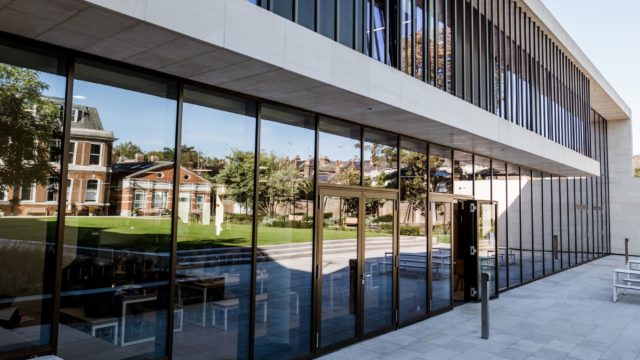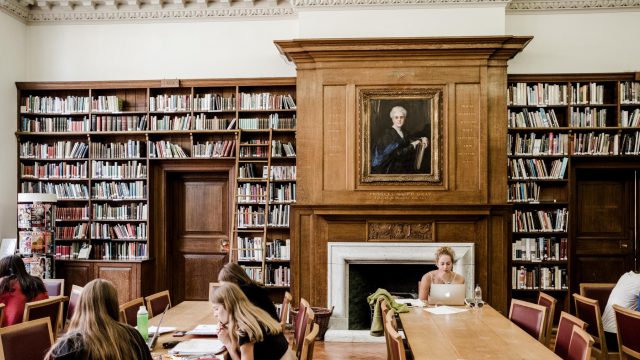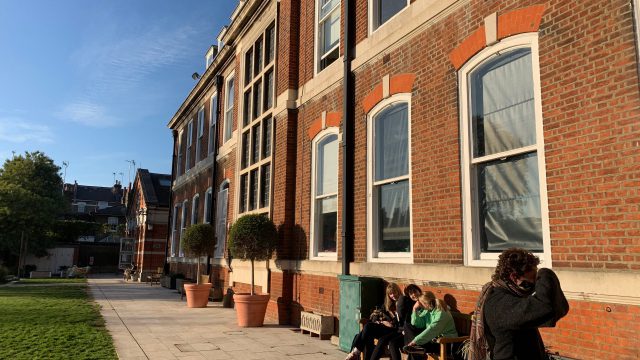Mathematics
The values of mathematical activity are varied. At the most basic level, every human needs to be able to understand and apply skills in arithmetic; in our increasingly technological world the modelling of abstract processes is continually becoming more important.
Ethos and importance
As the common language of the sciences, mathematics enables people across time, cultures and disciplines to communicate and collaborate in the development of human knowledge. As the description and exploration of pattern and structure, mathematics serves as artistic and spiritual inspiration. For our students to develop as young mathematicians, it is important that they recognise the value the mathematics department place upon intellectual engagement and development; reflection, observation, conjecture, exploration and conclusion are all important skills developed within their mathematics lessons. To succeed in school mathematics – and to take mathematical skills into the world beyond school – depends upon recognising that actively applying one’s knowledge and deductive skills leads to the development of greater understanding.
Lower School
During their first three years at St Paul’s, students will lay the foundations required for the IGCSE whilst studying beyond the confines of the usual curriculum. Extension topics, such as the binomial expansion and Pascal’s triangle, are introduced in response to their interests and in avenues of exploration identified by their teachers. Regardless of ability in mathematics, we give every pupil the opportunity to be challenged, supported and inspired.
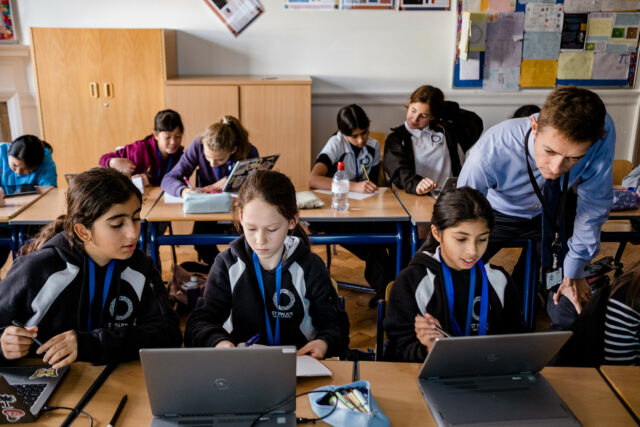
GCSE
At the end of VI (Year 11), all students sit the Edexcel IGCSE examination, consisting of two calculator papers. The IGCSE provides a strong preparation for further studies in mathematics, opening up experience of topics such as calculus, functions and set theory. Roughly half of the year group will also sit the OCR Free Standing Mathematics Qualification, commonly referred to as ‘additional mathematics’. This course is seen as a useful preparation for A level study, but is not a pre-requisite. Entrance for the Additional Mathematics examination should only be considered if expressly advised by the department.
Pupils acquire excellent mathematical and numerical skills that are employed effectively across the curriculum. ISI Inspection Report 2019
A level
After IGCSE, most students choose to take A level Mathematics; we follow the Edexcel specification. The course comprises study of pure mathematics, statistics and mechanics, all studied throughout VII and VIII (Years 12 and 13). Those students pursuing A level Further Mathematics complete A level Mathematics in VII and then go on to study more pure and applied content for Further Mathematics in VIII. We follow the MEI specification for Further Mathematics, which allows a degree of flexibility in the applied mathematics studied. Students can choose to ‘major’ in either statistics or mechanics and follow a minor course in the other aspect.
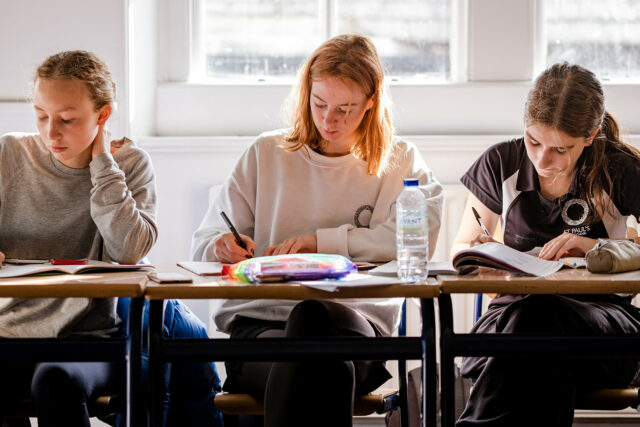
Beyond the classroom
Here, mathematics is a valued activity beyond the requirements of the syllabus. Students in all year groups are entered for the UKMT Maths Challenges, with very large numbers qualifying for the subsequent Olympiad rounds. For those who enjoy competitions, we enter teams into the UKMT Team Challenge and UKMT Senior Team Challenge, as well as the London schools Hans Woyda competition (runners-up in 2012, cup winners in 2014 and plate winners in 2018). For the less competitively minded, there are opportunities such as a weekly puzzles clubs, Maths Society lectures from visiting speakers and attendance at occasional lectures such as at Gresham College – attending these online is a great option! We regularly fill the Old Library for talks with visiting speakers, to which students from our partnership schools are always invited. They provide excellent opportunity for further insights into mathematics beyond school and to quiz mathematicians working ‘in the front line’.
